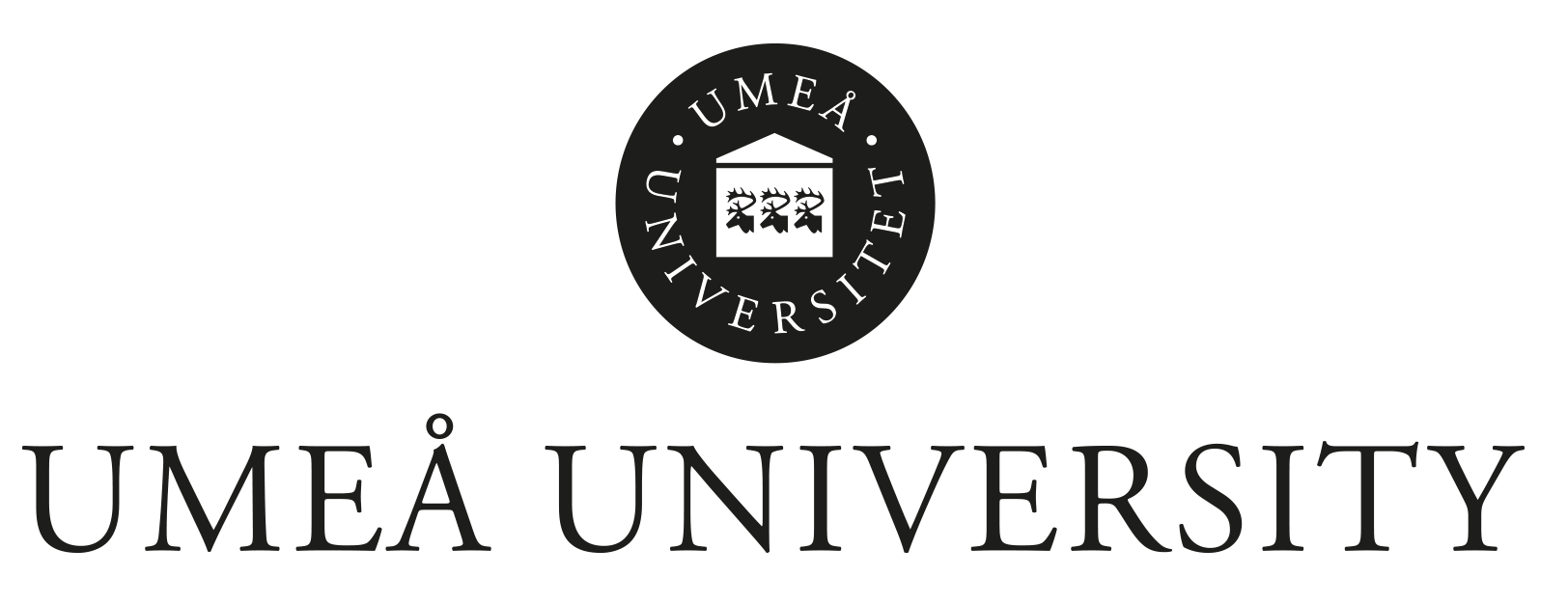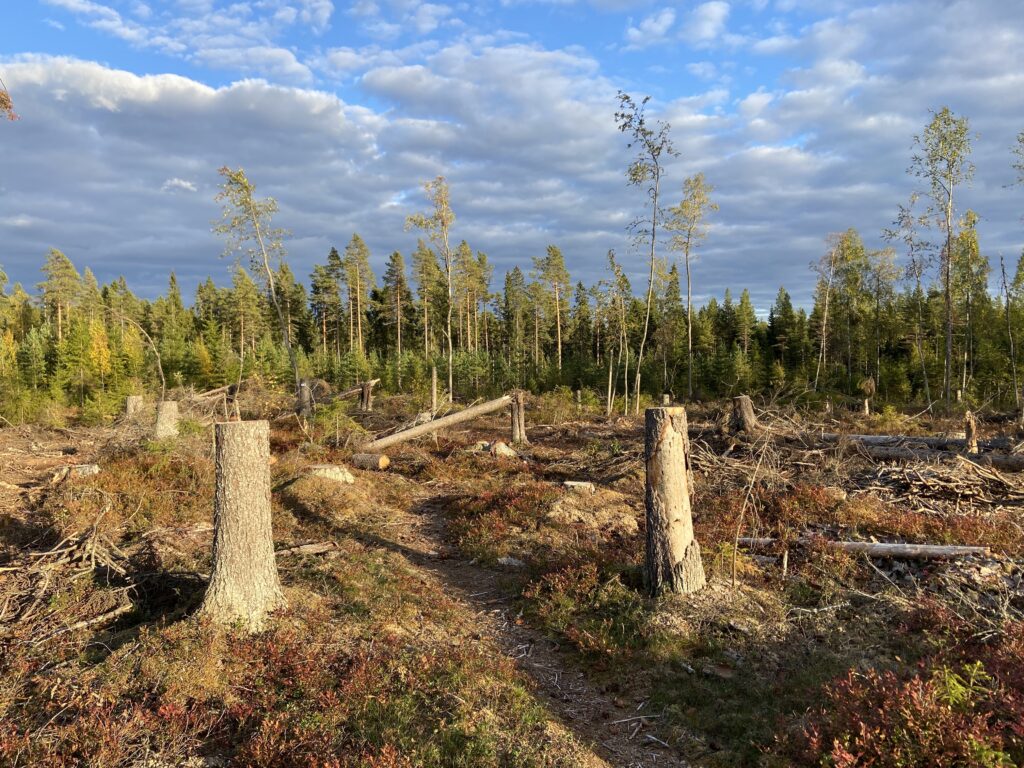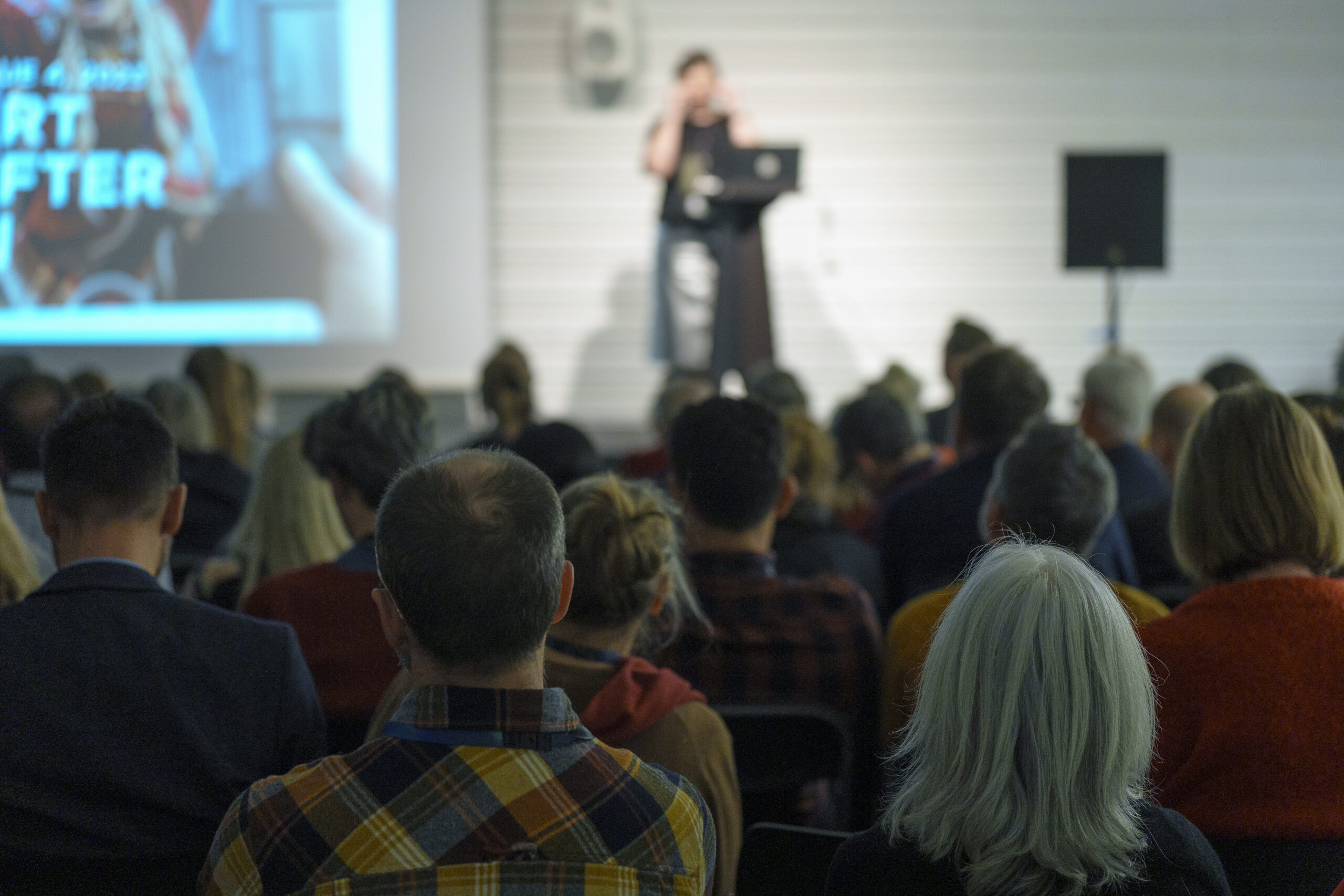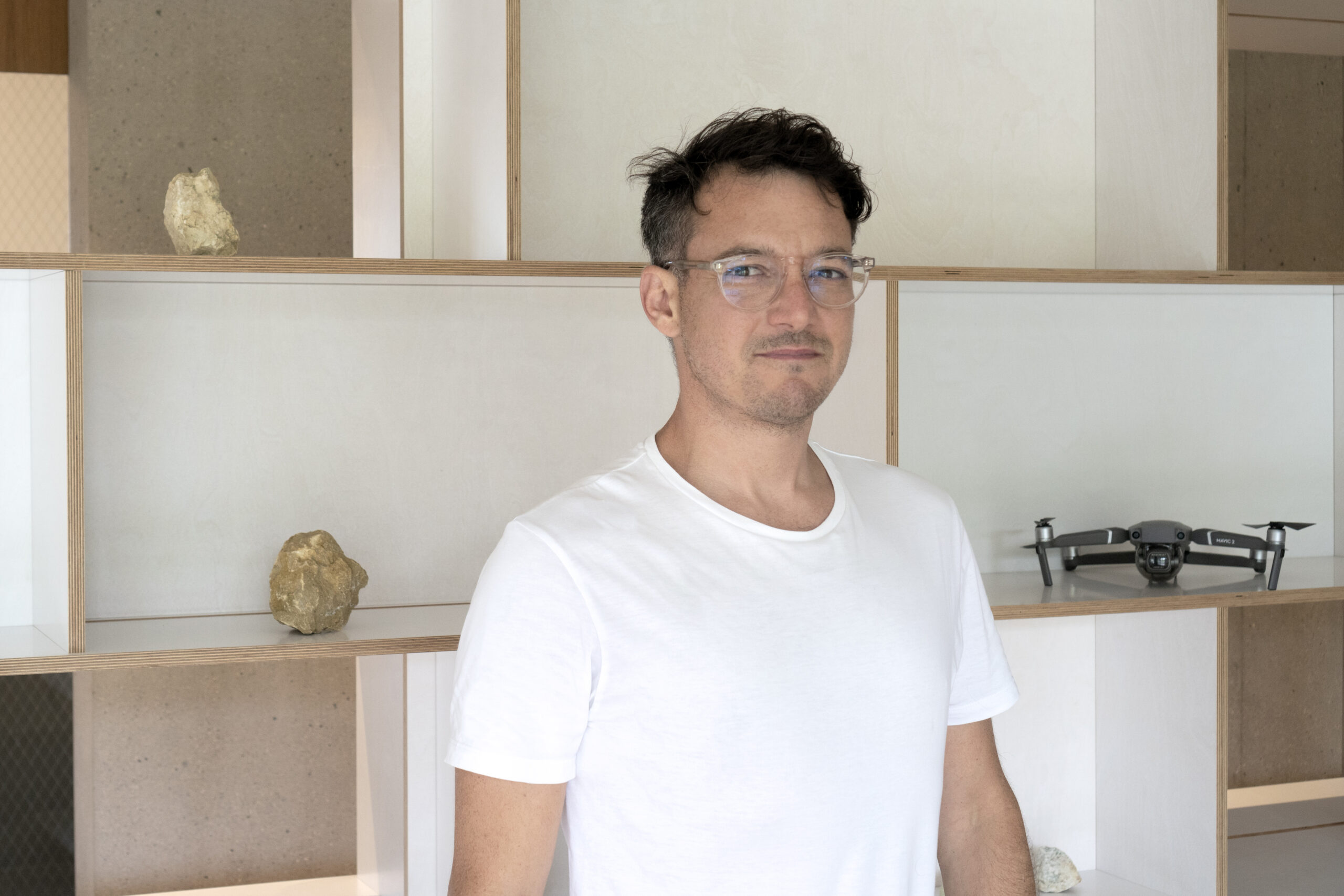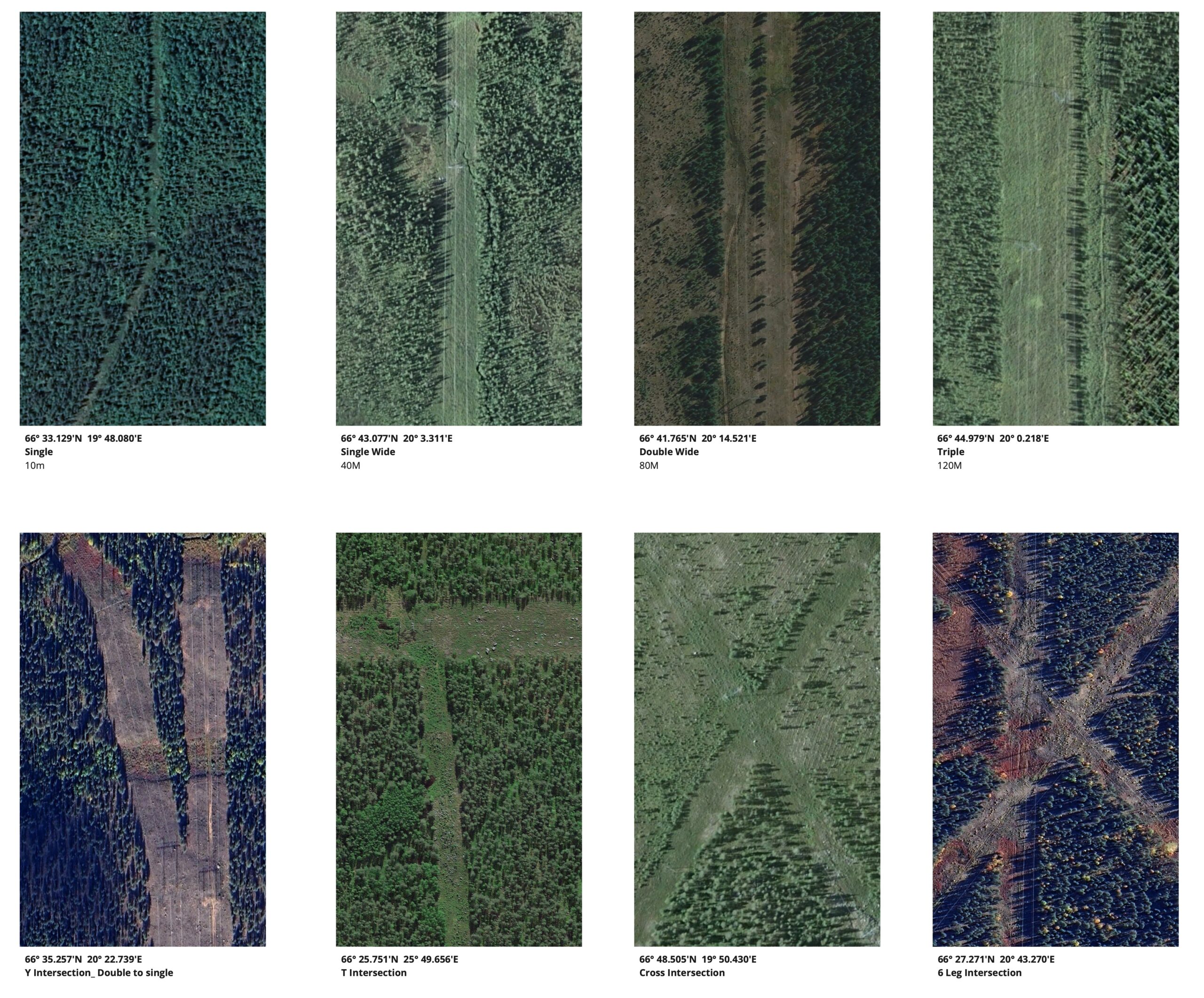The Geopolitics of the Forest working group meets regularly to share their research on the geopolitics of the forest across art, architecture, political science and landscape ecology. The group are exploring how to develop holistic and interdisciplinary understandings of the human / forest relationship that can represent multiple, overlapping and conflicting interests. They aim to develop a shared critical space for new collaborative artistic research projects which deal with the ethical complexities of forestry in relation to the climate crisis, to reconsider the language and aesthetics of sustainability.
The meetings investigate multidisciplinary approaches to the human and nonhuman entanglements of the forest in Northern Sweden. Research questions investigate the ethical aesthetics of different kinds of woodlands and their material and geopolitical networks.
The Geopolitics of the Forest Working Group is chaired by Luis Berrios-Negron, UmArts Research Fellow in Art and Architecture. Members include: Gerd Aurell, artist; James B. Brown, architect; Sofia Johansson, curator; Toms Kokins, architect; Lars Östlund, forest historian; Edith Marie Pasquier, artist; Janina Priebe, political science; Moa Sandström, Sámi studies; Per Sandström, landscape ecologist, and many others who come to share their research, practices and ideas.
